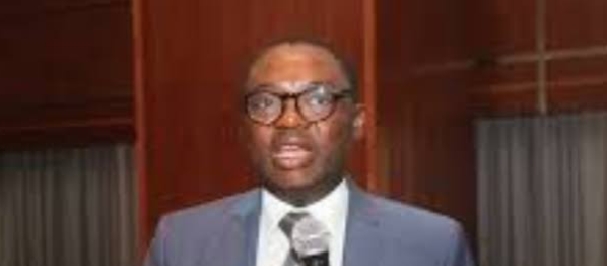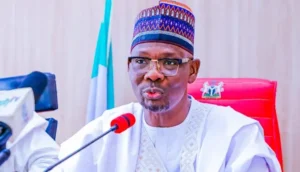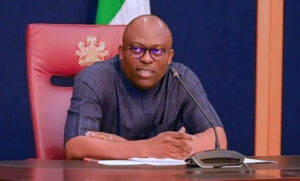President Donald Trump’s second term as the United States’ 47th president has introduced new policies that could greatly impact Nigeria’s economy and health system. From oil production to foreign aid, these changes bring both challenges and opportunities for Nigeria.
The US plans to increase oil production, which might affect Nigeria negatively. Since oil makes up over 80% of Nigeria’s foreign exchange earnings, higher global oil supply could push prices down. This would reduce Nigeria’s revenue and worsen its trade balance.
Moreover, US shale oil competes directly with Nigeria’s light crude oil, which might lead to reduced demand for Nigeria’s exports. This scenario could further weaken Nigeria’s economy and foreign reserves.
Nigeria’s 2025 budget heavily depends on oil revenue projections. If global oil prices fall, Nigeria could face revenue shortages, which might delay infrastructure development, social programs, and debt repayments. To fill the gap, the government may resort to borrowing, worsening the country’s debt challenges.
Trump’s proposed end to birthright citizenship could discourage wealthy Nigerians, including politicians, from traveling to the US for childbirth. This might save national funds often spent on such trips.
However, stricter immigration rules could create challenges for Nigerians living in the US or seeking better opportunities abroad. On the positive side, it could encourage investment in Nigeria’s healthcare system, as fewer people would travel overseas for childbirth.
Last year, the US spent about $1 billion in Nigeria through USAID, supporting health, education, and security. Under Trump’s administration, foreign aid might be reduced or redirected. This would negatively impact key programs like health campaigns and education.
Nigeria will need to look for alternative funding sources and strengthen domestic solutions to keep these programs running.
The US withdrawal from the World Health Organization (WHO) could harm Nigeria’s health sector. The WHO, backed by US funding, supports programs to fight diseases like malaria, tuberculosis, and HIV/AIDS in Nigeria. Reduced funding could delay progress in these areas.
To adapt, Nigeria must increase its healthcare budget and partner with other organizations like the European Union and African Union to fill funding gaps.
Despite these challenges, Trump’s policies could encourage Nigeria to:
- Diversify its economy to reduce dependence on oil.
- Invest in healthcare and education to lessen reliance on foreign aid.
- Promote accountability to attract international investments.
Trump’s policies present tough challenges, but they also offer Nigeria the chance to build a stronger, more self-reliant nation.







